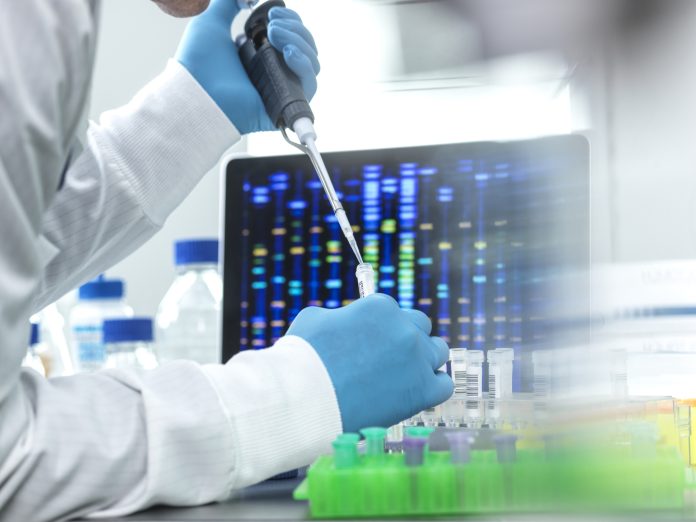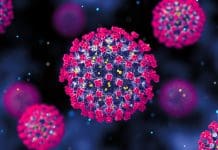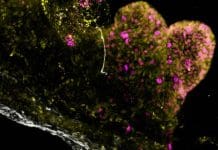Karolinska Institutet researchers analysed DNA from nearly one million people and found genetic variants tied to brain function, immune defence, and metabolism that raise the risk of frailty in old age
Why do some people become frail as they age, while others remain resilient? A significant new study from Karolinska Institutet may have the answer. By analysing the genomes of nearly one million individuals from Finland and the UK, researchers uncovered hundreds of genetic variants that influence how the brain, immune system, and metabolism contribute to frailty. These findings not only provide a deeper understanding of frailty but also offer hope for earlier risk prediction and new avenues for prevention, fostering a sense of optimism for healthier ageing.
The findings are detailed in the journal Nature Aging.
New biological insight into frailty
Frailty is a condition that leads to a loss of resilience in the body, making individuals more vulnerable to falls, infections, and other stressful situations. It also raises the risk of hospitalisation and death. Some individuals are more susceptible to frailty than others, and understanding the reasons behind this susceptibility can help inform future research and interventions.
In a comprehensive genetic analysis of nearly one million people in Finland and the United Kingdom, researchers found genetic variants linked to frailty. By analysing the participants’ DNA and health data, the researchers could identify hundreds of genetic markers that influence the risk of developing the condition.
Over 50 genetic variants are linked to frailty
The study identified 53 genetic variants associated with frailty, 45 of which were previously unknown. These variants are linked to genes involved in brain function, immune system regulation, and metabolism, key biological systems that influence the body’s resilience in old age. The researchers also integrated plasma proteomics and found that proteins like APOE, CGREF1, and MET were associated with frailty risk. These results show that frailty is driven by a complex mix of genes rather than a single cause, and that it affects multiple systems in the body. The findings offer new insights into the biological underpinnings of aging. They could lead to earlier identification of people at risk, as well as potential targets for future therapies, instilling hope for the development of new treatments.
” Our results show that a single factor does not cause frailty, but by many genes that affect how our immune system, brain and metabolism work. Some of these genes are completely discoveries,” says last author Juulia Jylhävä, associate professor at the Department of Medical Epidemiology and Biostatistics, Karolinska Institutet.
The study revealed that frailty can be predicted based on a person’s combined genetic risk. This could enable earlier identification of individuals at higher risk, possibly even in midlife. Notably, the genetic factors associated with the condition only partially overlap with those for related conditions such as dementia and heart disease. This indicates that frailty is a distinct biological trait of ageing.
” In the future, we may be able to identify people who are at risk as early as middle age, when there is still time to prevent frailty. This opens the door to new ways of improving health in older people,” concludes Juulia Jylhävä.








